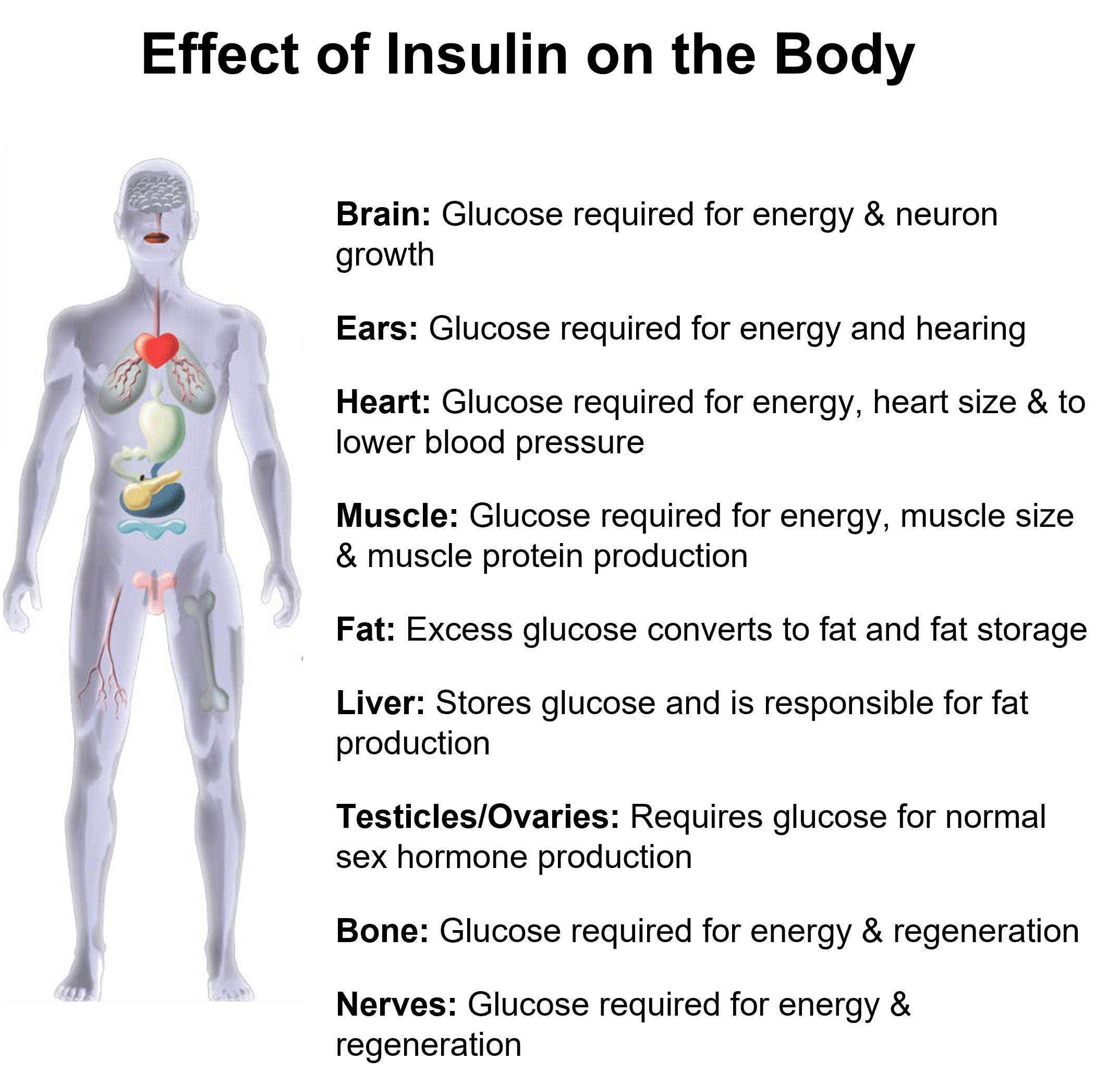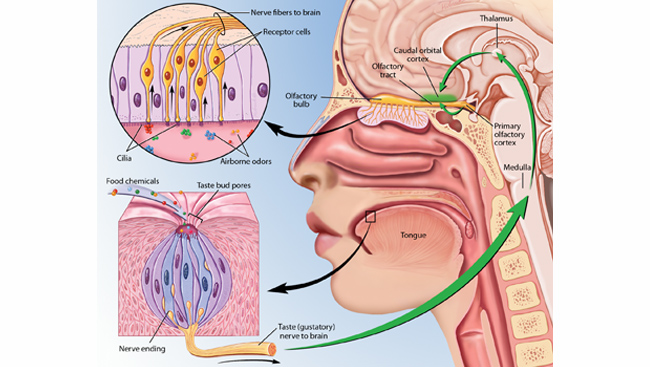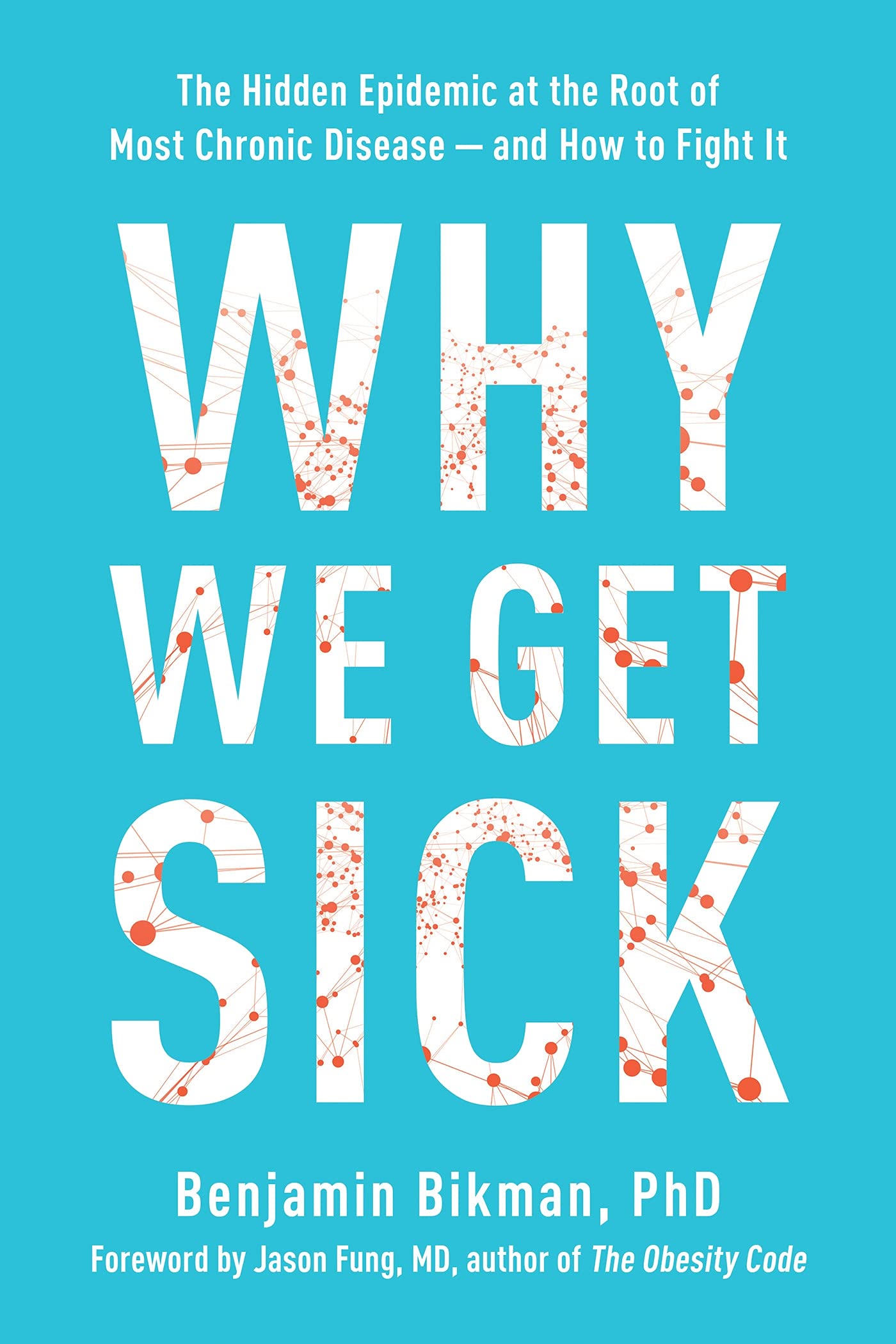"Taste and smell, the two senses that have worked so well to get us through the times when food was not conveniently available, may now be working against us. The pervasive sweetness and saltiness of processed foods satisfies our instinctive hungers, but ends up creating new "survival" problems, such as obesity, heart disease, and diabetes."
Dr. Thomas C. Pritchard, a longtime member of the neural and behavioral sciences faculty at Penn State College of Medicine, describes that our food preferences are an outgrowth of the survival instincts we share with other animals. Our primordial instincts use the sense of taste and smell to help us identify nutritious foods and poisonous substances. Acidity, for example, indicates food spoilage while bitterness signals to our brains "poison."
Interestingly, Ori Hofmekler, also discussed years ago the idea that processed foods were the enemy of overall health and well-being. His contention is that as a species we were never meant to consume manufactured foods that so dominate modern man's diet. Our biome has never adapted nor was it designed to utilize highly processed, glycemic foods. These insulin-spiking nutrients produce a detrimental effect on the body. He did extensive research on primordial man's food selections and dietary habits looking for answers to modern maladies.
This leads me to a recently released book I just read called "Why We Get Sick - The Hidden Epidemic at the Root of Most Chronic Disease." It is an educational read that discusses the effect of insulin resistance on heart health, neurological disorders, reproductive health, gastro/kidney health, cancer and overall aging. Insulin resistance is a reduced response by the body to the hormone insulin. This anabolic hormone has an effect on every cell in every tissue of the body from the brain to the toes. It regulates how a cell uses energy, changes its size, influences production of other hormones, and even determines whether cells live or die.

Insulin Resistance Signs

Changing Habit Force
The question becomes how does someone change their need for the sharp, rude flavors of processed food. It requires education and discipline. At the root core of the nutrition conundrum is SUGAR (click the link for a resource on hidden sugar). This includes not only processed food but any simple carb that spikes glucose levels in the body initiating the an over-secretion of insulin. When someone becomes insulin resistant the body's cells fail to respond normally to the glucose balancing effect of this hormone. The good news is that this condition can be improved or reversed through exercise and nutrition modification.
There are a couple of nutritional strategies that work well depending on the person. Ori Hofmekler's Warrior Diet which is an intermittent fasting approach is an excellent tool for those that are on the go and have relatively decent metabolic function. His book identifies acceptable and unacceptable foods and gives a strategy for applying his principles. Another strategy that I have found successful is a multiple meal approach. Sometimes I have clients that have spent many years eating only a few meals a day of junk food which has a detrimental effect on the metabolism. To jumpstart the metabolism eating small mini-meals throughout the day resets the pancreas' insulin production over time.
The key to making a sustainable change is to substitute out bad calories for good calories. This doesn't have to be extreme, but incremental. When I work with clients we will start out with a 4-5 day log of a typical day of eating (no judgement, just data). Then we discuss their food likes and dislikes to find viable substitution options. Each week there is a check-in and we slowly change the quality of the calories. The initial couple of weeks requires willpower, but by week three there is genuine enthusiasm for the process of change because the client feels better. This enthusiasm breeds the nutritional results that they seek.
The other key to the equation of conquering insulin resistance is intense physical exercise. This creates a hormonal tsunami that floods the body with feel good hormones. These hormones help to change mindset and fuel future training goals. I advocate a two pronged approach of intense weight training that can be executed only one to two days per week combined with a more rigorous cardio schedule three to five days per week. Success in both the nutritional and physical realm require a realistic plan and awareness of where potential pitfalls may lie.
For more information on programming and mindset check out the links below.
Learn more about our training and psyche philosophy check out our Training Resource Page. Join the community sign up below to our newsletter and receive our FREE Planning and Periodization Guide. Please feel free to send us a question here or leave a comment below.
Want the inside training scoop?
Join The Community
Our email content is full of value, void of hype, never pushy, and always free. As a BONUS you will receive our FREE planning & periodization template to help you with your training goals.






Hi Stacy. Great article. Thanks for writing it & sharing your wisdom/insight with everyone. Stay strong!!!
Thank you for your kind words! Its great to hear from you. Hope all is well with you.